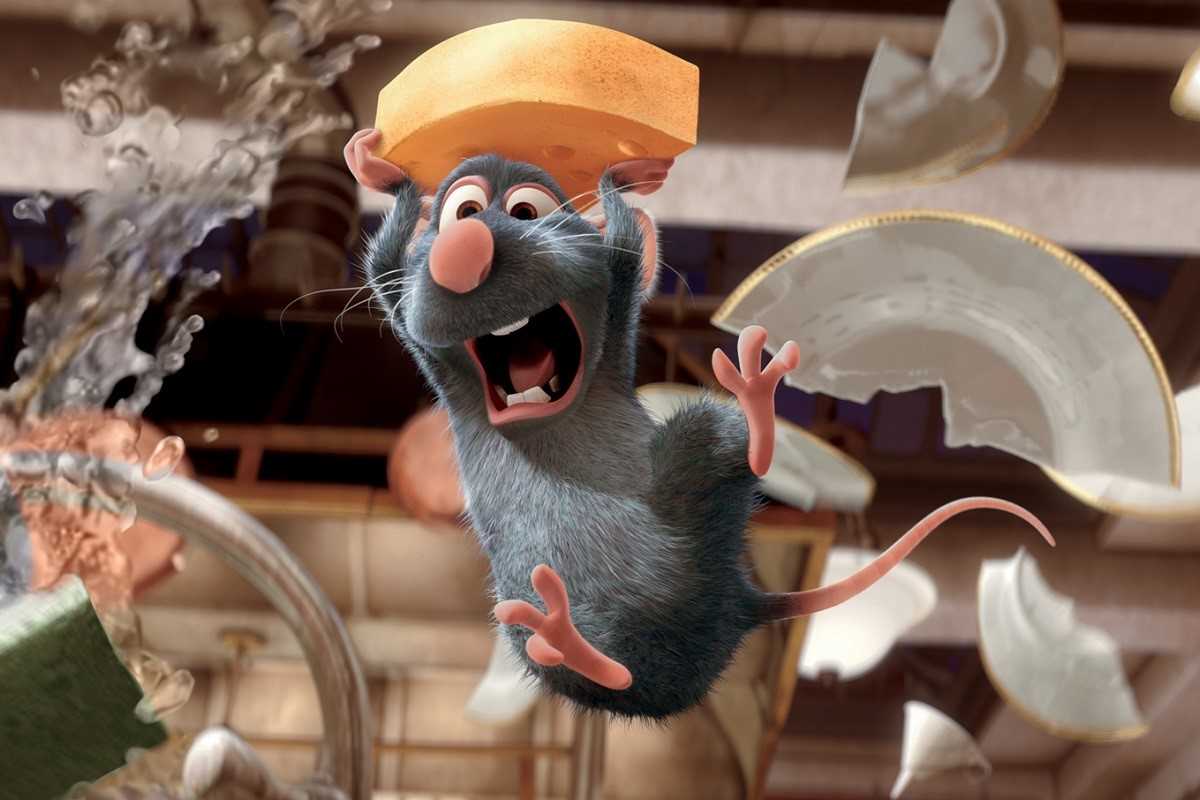The Cannes Film Festival stands as one of the world’s most prestigious celebrations of cinema, showcasing groundbreaking films, extraordinary talent, and unforgettable moments that have left an indelible mark on audiences and the film industry.
Since its inception, Cannes has become a platform for creativity, innovation, and at times, controversy. Let’s explore some of the most iconic and defining moments from the festival’s illustrious history.
Quentin Tarantino’s Pulp Fiction Receives a 15-Minute Ovation (1994)
In 1994, Quentin Tarantino premiered Pulp Fiction at Cannes, a film that would go on to become one of the most influential works in modern cinema. Its non-linear storytelling, unforgettable dialogue, and edgy style captivated audiences, culminating in a 15-minute standing ovation—a rare tribute that underscored the film's powerful impact.
The film’s bold narrative and stylized violence made waves, sparking conversations about the changing landscape of cinema. Winning the Palme d'Or, Cannes’ highest honor, cemented Pulp Fiction’s place in cinematic history and launched Tarantino into stardom. To this day, the film’s reception at Cannes remains one of the festival's defining moments, symbolizing the impact of boundary-pushing storytelling on a global stage.
The Netflix Controversy: Streaming vs. Theatrical Release (2017)
In 2017, the Cannes Film Festival ignited a debate that would shake the film industry to its core when it announced that films without a theatrical release in France would no longer be eligible for the Palme d’Or.
This decision came after two Netflix films, Okja and The Meyerowitz Stories, were selected for competition despite being released directly on the streaming platform without a traditional theatrical run in France.
The decision highlighted the ongoing tension between traditional film distribution and the rise of streaming services. It raised questions about the future of cinema, sparking debates on the role of theaters, accessibility, and the evolution of film distribution. The controversy continued for several years, with Cannes upholding its stance on theatrical releases.
The debate ultimately underscored a pivotal moment in the digital age of cinema and marked Cannes as a critical voice in the industry’s shifting landscape.
Brigitte Bardot’s Iconic Debut at Cannes (1955)
In 1955, French actress Brigitte Bardot made her debut at Cannes, an appearance that became legendary. Bardot’s presence at the festival caused a media frenzy, with photographers and fans captivated by her beauty and magnetic charm. She appeared on the beach in a bikini—a bold and unconventional move at the time—that set new standards for female style and confidence.
Bardot’s Cannes debut not only launched her into international stardom but also symbolized a new era for the festival. Cannes became as much a celebration of film as a spectacle of fashion and celebrity culture.
Bardot’s debut remains a pivotal moment in the festival’s history, solidifying her status as a timeless icon and establishing Cannes as a stage for both cinematic and cultural influence.
Nadine Labaki’s Capernaum Earns a 15-Minute Ovation (2018)
Lebanese director Nadine Labaki made history in 2018 when her film Capernaum premiered at Cannes, receiving a 15-minute standing ovation. The film tells the heart-wrenching story of a young boy living in the streets of Beirut, capturing his struggle to survive amid poverty and neglect. The powerful narrative touched audiences and critics alike, earning Labaki the Jury Prize and widespread acclaim.
Capernaum not only showcased Labaki’s exceptional storytelling but also brought important social issues to the forefront, shining a light on the harsh realities faced by vulnerable children. The response at Cannes underscored the festival’s commitment to highlighting socially relevant stories that challenge audiences and encourage empathy. Capernaum went on to become an international success, exemplifying the impact of cinema as a tool for social change.
Abdellatif Kechiche’s Blue Is the Warmest Color Sparks Debate (2013)
In 2013, Abdellatif Kechiche’s Blue Is the Warmest Color premiered at Cannes and quickly became one of the festival’s most talked-about films. Known for its explicit scenes and raw portrayal of a lesbian relationship, the film sparked discussions about sexuality, artistic freedom, and representation.
Despite the controversy, the film received the Palme d'Or, making history as the first film to have the prize awarded jointly to both the director and its two lead actresses, Adèle Exarchopoulos and Léa Seydoux.
The film’s success at Cannes highlighted the festival’s role as a platform for unconventional and provocative cinema. Blue Is the Warmest Color challenged traditional narratives and opened up conversations about the portrayal of LGBTQ+ relationships in film, cementing its place as a bold and groundbreaking work in cinematic history.
The Women’s Protest on the Red Carpet (2018)
In 2018, Cannes witnessed a powerful protest for gender equality on the red carpet. Led by actress Cate Blanchett, who was serving as the president of the jury that year, 82 women climbed the festival's iconic steps to represent the 82 female filmmakers who had competed for the Palme d'Or since the festival’s inception, compared to the 1,645 male directors who had been given the same opportunity.
The protest included prominent women from the industry, including Ava DuVernay, Kristen Stewart, and Agnès Varda.
This moment underscored Cannes’ response to the global #MeToo movement, advocating for more representation and inclusivity within the film industry. The protest brought international attention to the gender disparities within Cannes and the broader film industry, marking a historic moment for gender equality.
Bong Joon-ho’s Parasite Wins the Palme d'Or and Goes on to Make Oscar History (2019)
In 2019, Bong Joon-ho’s Parasite premiered at Cannes and quickly captured the attention of critics and audiences. The film won the Palme d'Or, marking the first time a South Korean film received Cannes’ top prize. Parasite continued to break boundaries as it went on to win multiple Academy Awards, including Best Picture, making it the first non-English language film to do so.
The success of Parasite at Cannes and beyond underscored the festival’s commitment to showcasing international cinema and demonstrated the potential for foreign films to resonate on a global scale. Parasite’s journey from Cannes to the Oscars highlighted the power of Cannes as a launching pad for films that challenge cultural boundaries and elevate global storytelling.
The Cannes Film Festival remains an extraordinary event, celebrating the power of cinema and fostering an environment for cultural and artistic expression. Through iconic premieres, thought-provoking debates, and groundbreaking achievements, Cannes has given the world some of its most memorable cinematic moments.
Each year, the festival continues to highlight the evolution of cinema and the importance of diverse perspectives in storytelling.
From Quentin Tarantino’s Pulp Fiction to Bong Joon-ho’s Parasite, the Cannes Film Festival has elevated films that push the boundaries of art, culture, and societal norms. As Cannes looks toward the future, audiences can anticipate more iconic moments, meaningful storytelling, and an ongoing celebration of the impact of cinema on our lives. Cannes will undoubtedly remain a place where unforgettable cinematic history is made, year after year.
 (Image via
(Image via





